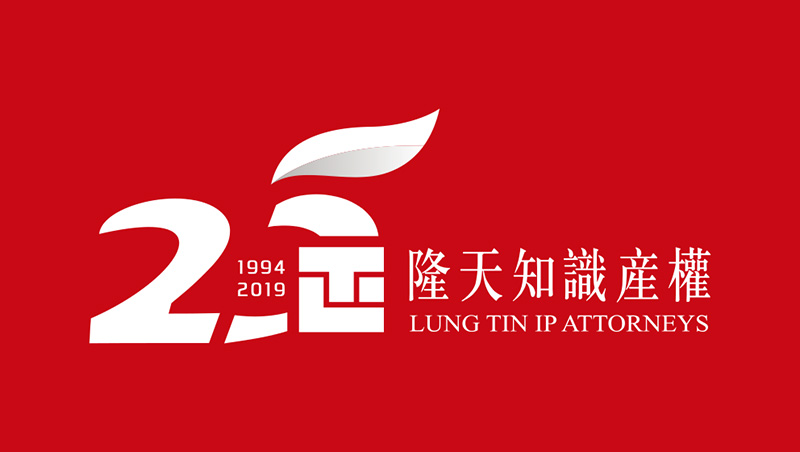Docket numbers of the case in the first instance: No. 874, first instance (初), civil case (民), (2016) Shanghai Intellectual Property Court (沪73)
Docket numbers of the case in the second instance: No. 515, second instance (终), civil case (民), (2018) Shanghai High People's Court (沪)
[Basic Facts]
Appellant (Defendant in the case in the first instance): Shanghai Wisebond Technology Co.,Ltd. (Hereinafter: Wisebond)
Appellee (Plaintiff in the case in the first instance): Shanghai NTFB Combustion Equipment Co., Ltd. (Hereinafter: NTFB)
Third party in the case in the first instance: Chen XX, Xu XX
Third party in the case in the seond instance: Yue XX, Tian XX
Founded on March 21, 2005, NTFB has been engaged in R&D of combustion equipment for a long time. The third party in first trial Xu XX was formerly its employee. Xu signed the non-disclosure agreement and non-compete contract with NTFB. In July 2013, NTFB signed the Industrial Product Sales Contract with the party not involved in the case concerning the purchase of two sets of "200t/h medium-temperature and medium-pressure oil-fired gas boilers with combustion system\48J07-(01)”. NTFB entered into the Technical Agreement on 48J-MX1 Supporting Auxiliary Machines -- Boiler Combustion System with the party not involved in the case at the same time, and Xu signed the Agreement on behalf of NTFB. After the signing of this Agreement, NTFB purchased electric control valves, pressure transmitters, gas turbine flowmeters and other products from the party not involved in the case. Xu applied for resignation on April 20, 2015. On May 19, 2015, his application was approved. At the time of resignation, he was Deputy General Manager. In August 2015, Xu started work in Wisebond.
Wisebond is the applicant of a patent for invention named "a low NOx burner suitable for various low calorific value/low pressure gas" (Hereinafter: the patent involved). The inventors are Chen XX, the legal representative of Wisebond, as well as Yue XX, Xu XX and Tian XX who are the employees of the company. The patent application date is December 8, 2015, and the application publication date is April 6, 2016. NTFB holds that, Wisebond’s patent involved in the case has the same theme and similar technical characteristics with the technical scheme implemented by NTFB in the "Jieyang" project; Xu, who was formerly Technical Vice President of NTFB, participated in the implementation of the "Jieyang" project throughout the process during his tenure, so the patent involved in the case shall be his service invention and the patent application rights shall be vested in NTFB. Based on these grounds, NTFB filed a lawsuit with the court.
Holding that the patented technology involved in the case was made by Xu within one year upon termination of the labor relationship with the original company, and the patented technology involved in the case was related to Xu's own work in the original company, the Shanghai Intellectual Property Court ruled in the first instance that the application right for the invention patent involved shall be vested in NTFB.
Wisebond refused to accept the verdict of first instance, and appealed to Shanghai High People's Court. In the second instance, the Shanghai High People's Court held that, the technical characteristics of the disputed innovation and creation involved in a service invention are not required to be the same as the technical scheme to which the inventor was exposed in the performance of his work in the original company, but required to have a certain degree of relevance. “Relevance” may be determined from the same perspective of the technical areas and ideas based on the actual situation of the case. As the patent involved and the "Jieyang" project of NTFB both fall within the range of low calorific value and low pressure, and seek to solve the technical problem of reducing nitrogen emissions of the burner, the patent involved is related to Xu's own work or assigned tasks in NTFB. In the cases of disputes over the ownership of service inventions, all inventors shall be listed as parties concerned. If the original company has performed the corresponding burden of proof, the company later joined by the separated employee and other inventors shall bear the burden of proof for substantial contributions of other inventors to the patent. However, Wisebond failed to submit sufficient evidence to prove this, and the third party in first trial Chen XX, as well as the third parties in second trial Yue XX and Tian XX didn’t provide evidence to prove that they actually developed the patent involved. Based on the above grounds, the court ruled in the second instance to: Dismiss the appeal and uphold the original judgement.
[Typical Significance]
The disputes over the ownership of the patent right for service invention remain a difficult point in the trial of patent dispute cases. There is great divergence in juridical practice on the criteria for determining the "relevance" of service inventions, whether the inventors shall be listed as litigants, the distribution of the burden of proof and other issues. This case explores the entities and related procedural rules of disputes over the ownership of the patent right for service invention, and fully protects the legitimate rights of the original company as the patentee of service invention, providing a reference for the trial of similar cases.
This case was selected as one of the “Top10 Judicial Protection Cases of Intellectual Property Rights Tried by Shanghai Courts in 2020".


